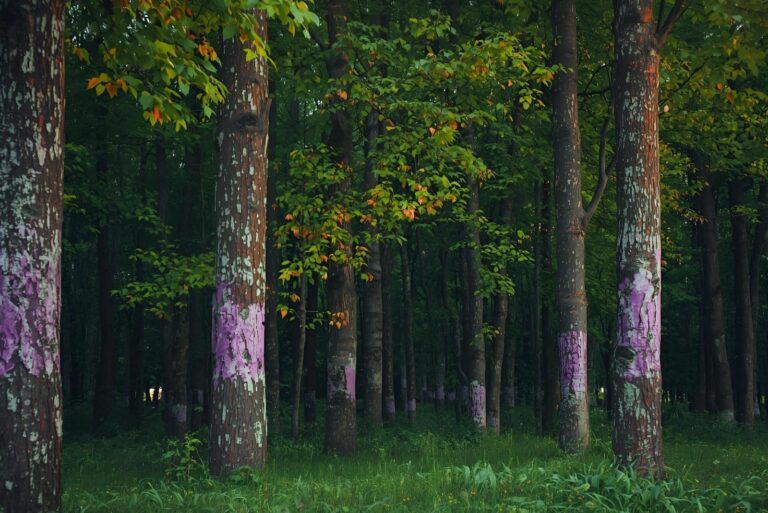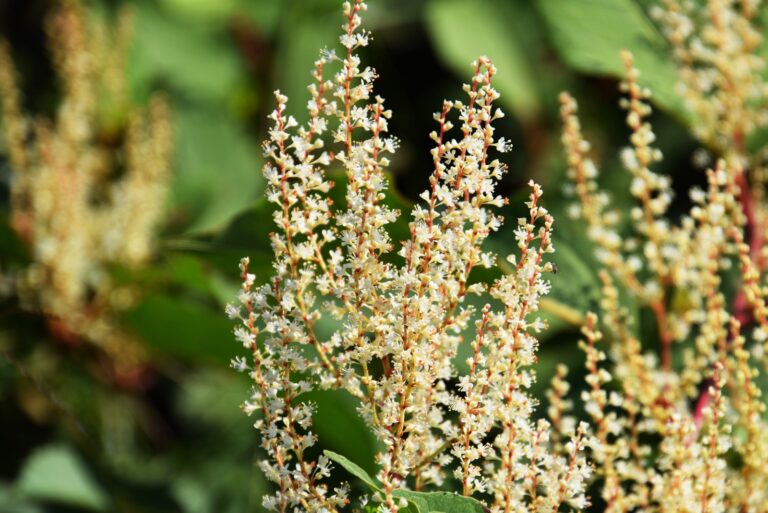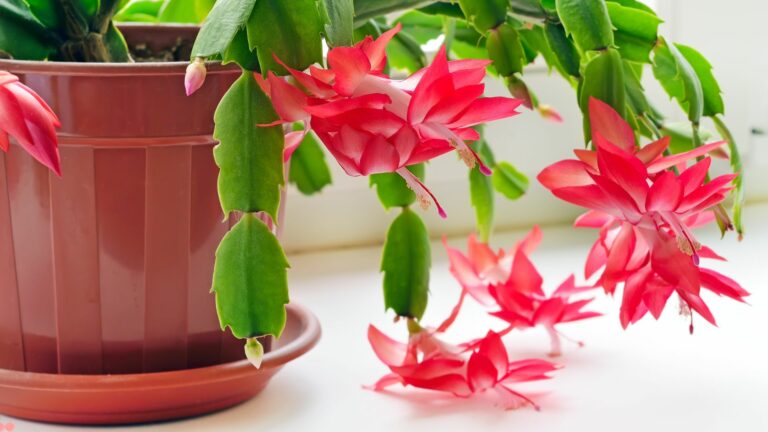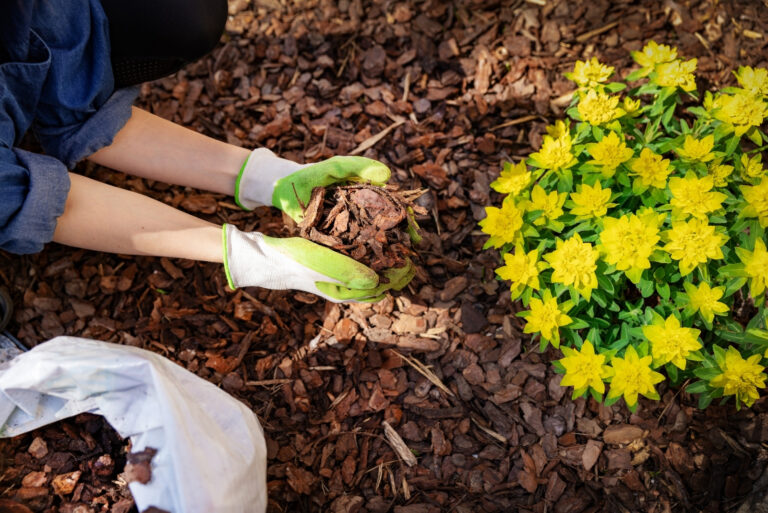12 Dangerous Insects Tennessee Homeowners Need To Watch For
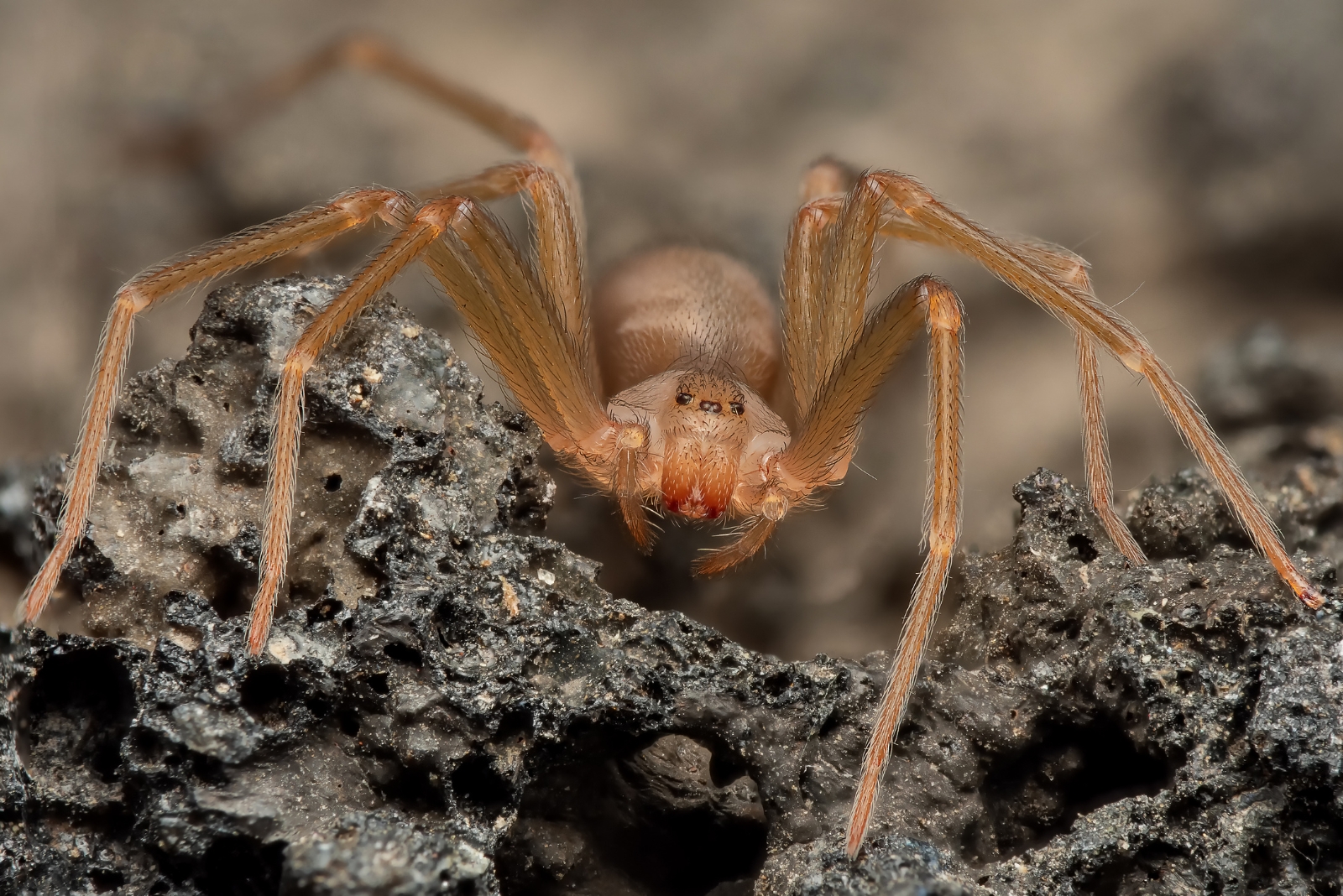
Tennessee has no shortage of insects that can cause trouble fast. I’ve crossed paths with a few in my own yard, and they definitely got my attention.
Some bite, some sting, and others quietly damage plants before you notice a thing. Keeping an eye out saves you from surprises you didn’t ask for.
1. Brown Recluse Spider
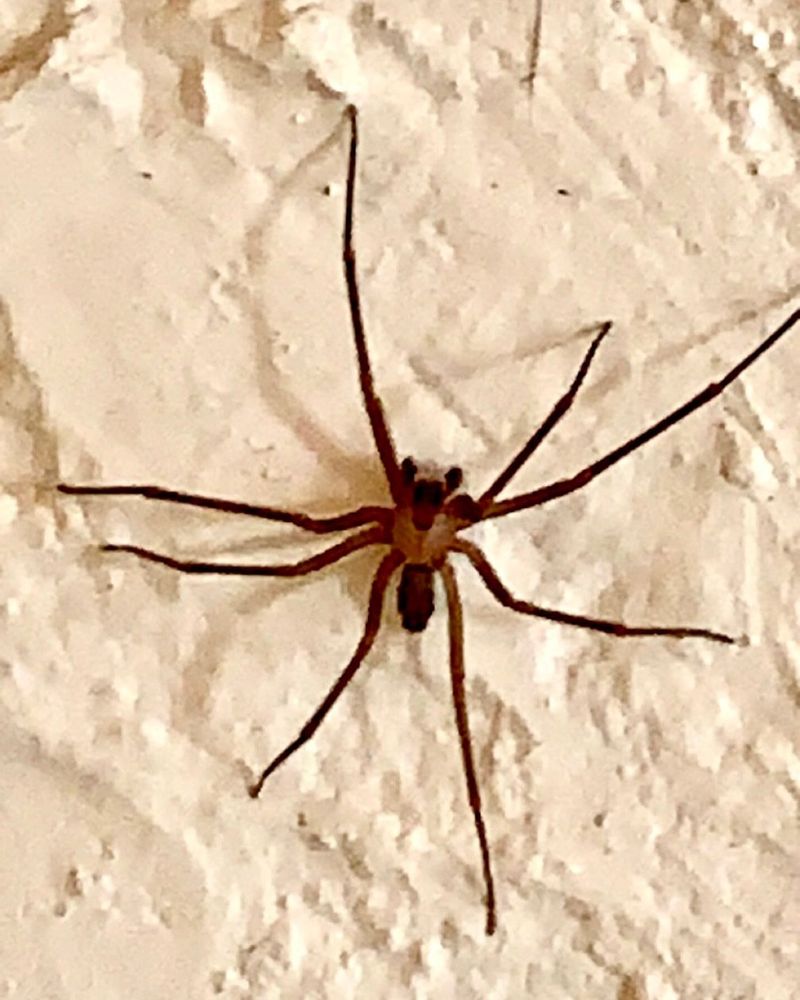
With a violin-shaped mark on its back, this spider might look harmless, but its bite can cause serious tissue damage. Brown recluses love hiding in dark corners of Tennessee homes, especially in attics, closets, and storage boxes.
Their venom destroys skin cells, sometimes creating wounds that take months to heal. If you spot one, call pest control immediately rather than trying to catch it yourself.
Keeping clutter to a minimum and sealing cracks helps keep these spiders out of your living spaces.
2. Black Widow Spider
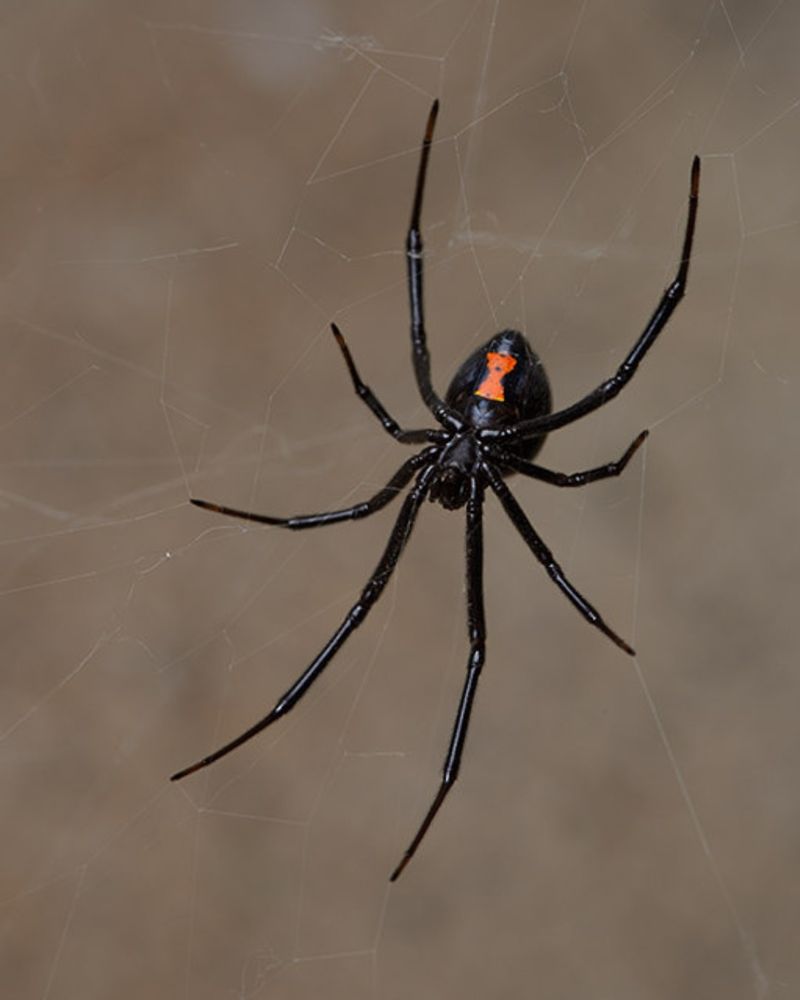
Shiny black bodies and red hourglass markings make female black widows easy to identify across Tennessee. Males are much smaller and harmless, but females pack venom that attacks your nervous system.
Bites cause muscle cramps, nausea, and severe pain that requires medical attention. Garages, woodpiles, and outdoor sheds provide perfect hiding spots for these nocturnal hunters.
Wearing gloves when moving stored items and checking shoes before wearing them prevents most encounters with these venomous spiders.
3. Fire Ants
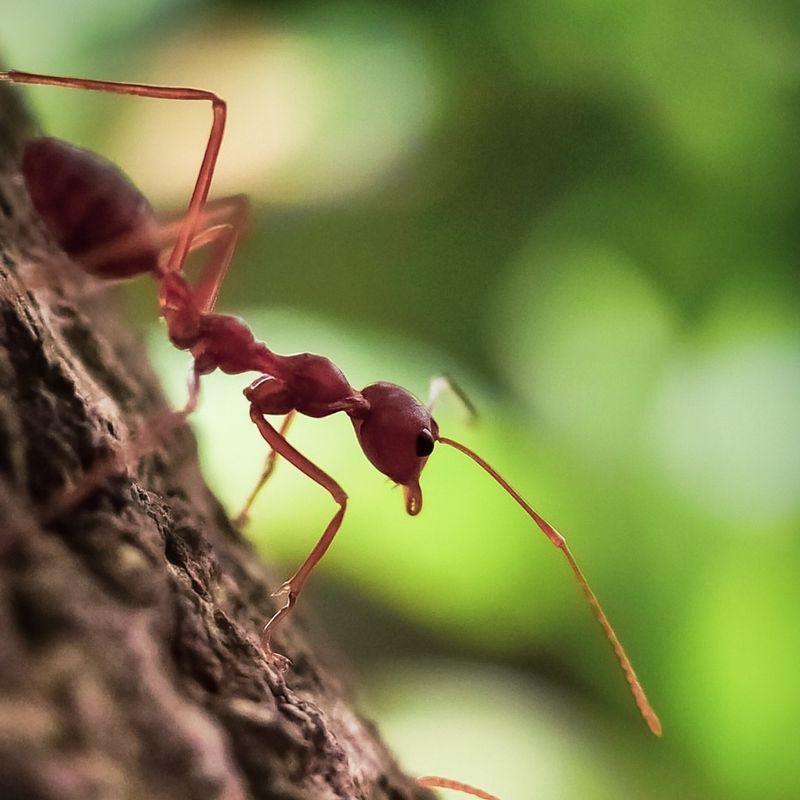
Reddish-brown and incredibly aggressive, fire ants build large mounds throughout Tennessee yards and parks. Step on a mound and hundreds will swarm up your legs in seconds, delivering burning stings that leave painful white pustules.
Their venom causes intense burning sensations, and some people experience dangerous allergic reactions. Children and pets face the highest risk since they play near ground level.
Professional extermination works best for established colonies, though treating mounds early prevents them from spreading across your property.
4. Termites
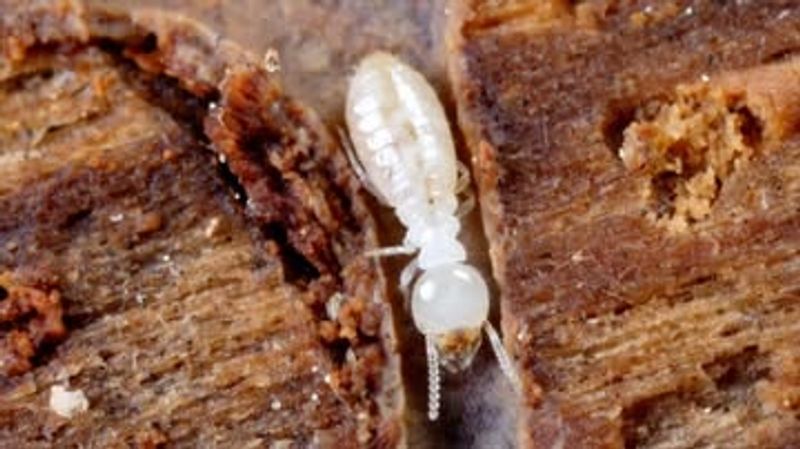
Silent destroyers work 24 hours a day eating the wooden structure of Tennessee homes from the inside out. By the time you notice sagging floors or hollow-sounding walls, termites have already caused thousands of dollars in damage.
Subterranean termites are the most common type in the state, entering through tiny cracks in foundations. They need moisture to survive, so fixing leaky pipes and improving drainage helps.
Annual inspections catch infestations early before repair costs skyrocket beyond control.
5. Mosquitoes
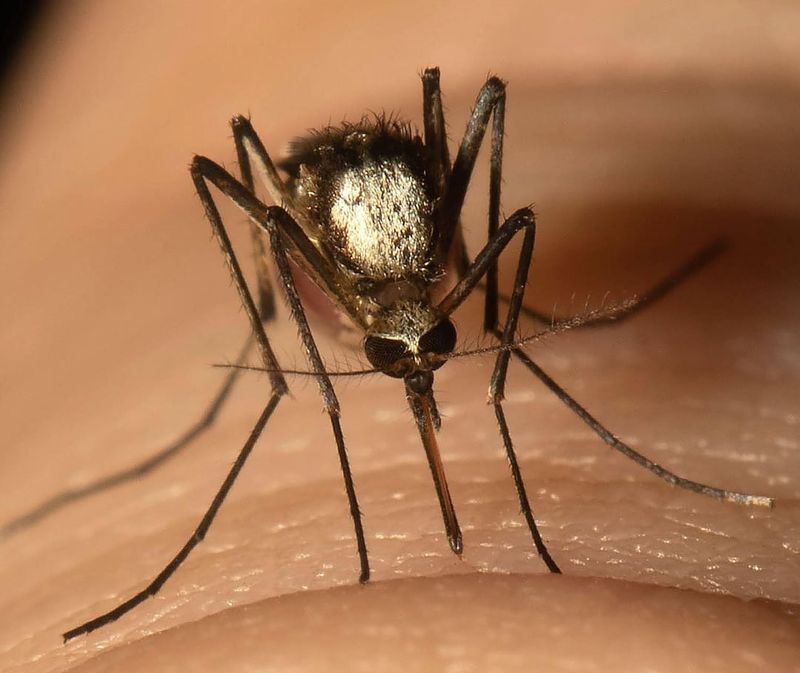
More than just annoying, mosquitoes in Tennessee can transmit West Nile virus and other serious diseases through their bites. Standing water in gutters, birdbaths, and old tires creates perfect breeding grounds where females lay hundreds of eggs.
Peak activity happens at dawn and dusk during warm months. Wearing insect repellent and eliminating standing water around your property dramatically reduces mosquito populations.
Window screens and fans on porches help keep these disease-carriers away from your family.
6. Ticks
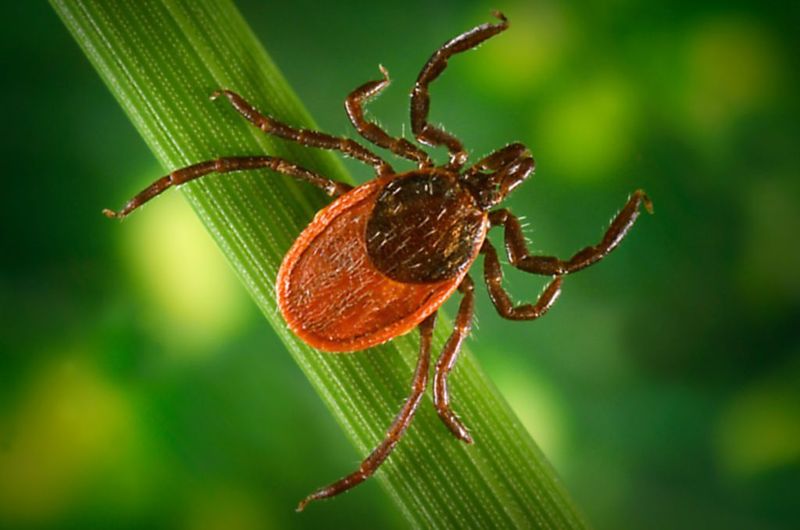
Lurking in tall grass and wooded areas throughout Tennessee, ticks wait for warm-blooded hosts to walk by so they can latch on. Once attached, they feed on blood for days while potentially transmitting Lyme disease, Rocky Mountain spotted fever, or other infections.
Deer ticks and lone star ticks are especially common in the state. Checking yourself and pets after outdoor activities catches ticks before they transmit diseases.
Tucking pants into socks and using tick repellent provides solid protection.
7. Wasps and Yellow Jackets
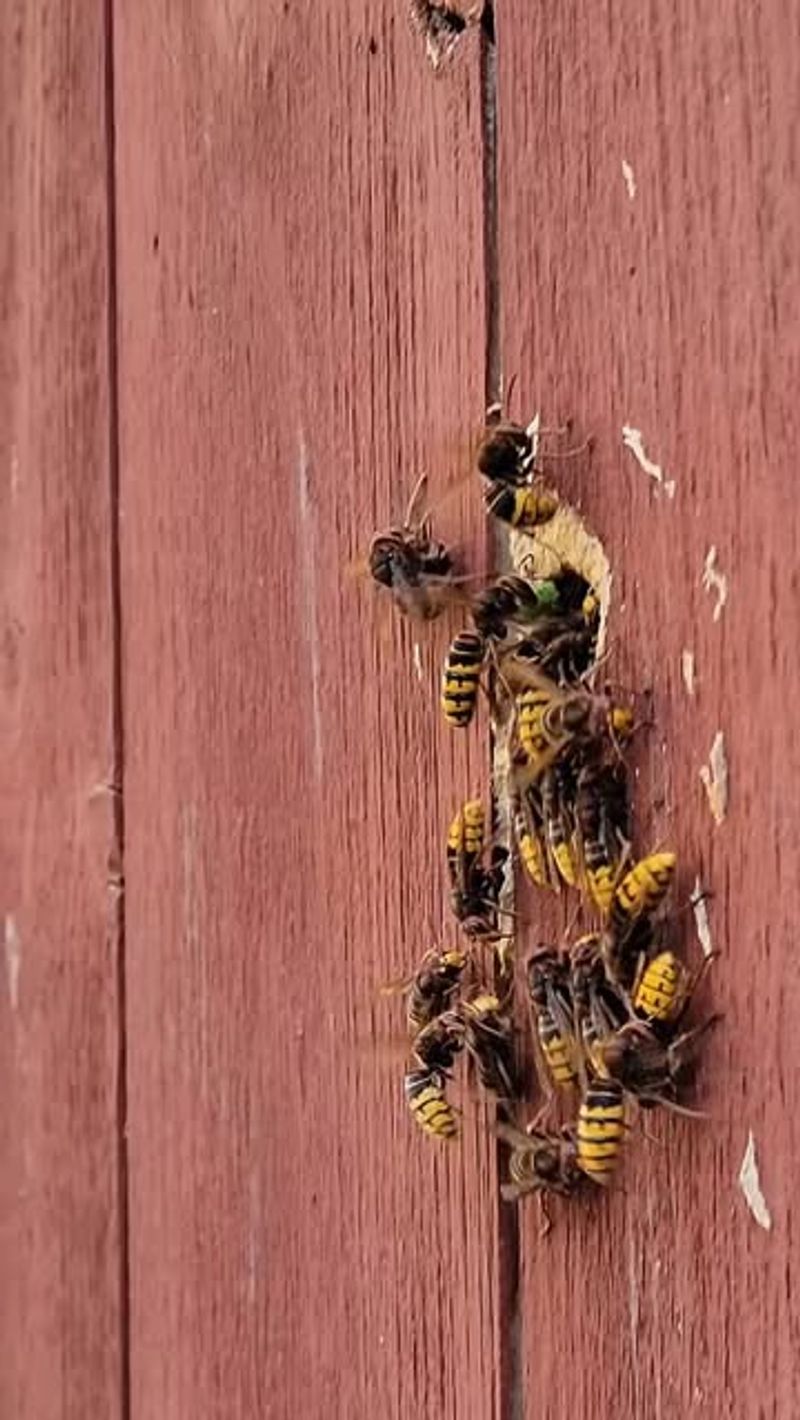
Unlike bees that sting once and die, wasps and yellow jackets can sting repeatedly when defending their nests. Tennessee summers bring these aggressive insects to picnics, garbage cans, and under roof eaves where they build paper nests.
Their stings cause sharp pain and swelling, with some people experiencing life-threatening allergic reactions. Yellow jackets become especially defensive in late summer when colonies reach peak size.
Professional removal is safest for nests near entry points or high-traffic areas around your home.
8. Bed Bugs
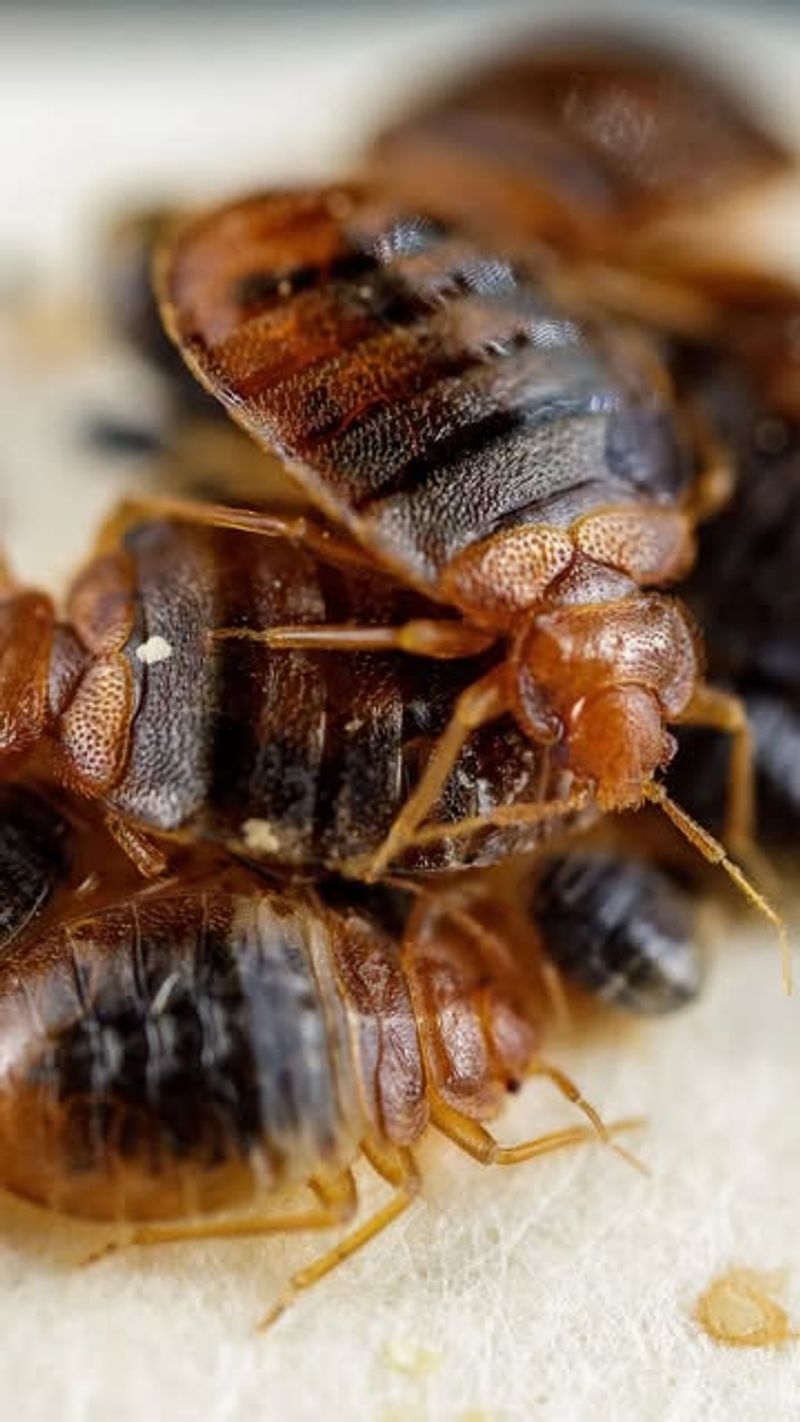
Tiny vampires hide in mattress seams, furniture cracks, and electrical outlets, emerging at night to feed on sleeping humans. Tennessee hotels, apartments, and homes all face bed bug problems that spread through luggage and used furniture.
Their bites create itchy red welts in lines or clusters across exposed skin. Infestations grow quickly since females lay hundreds of eggs throughout their lifetime.
Heat treatment and professional pesticides are necessary because these resilient pests survive months without feeding.
9. Carpenter Bees
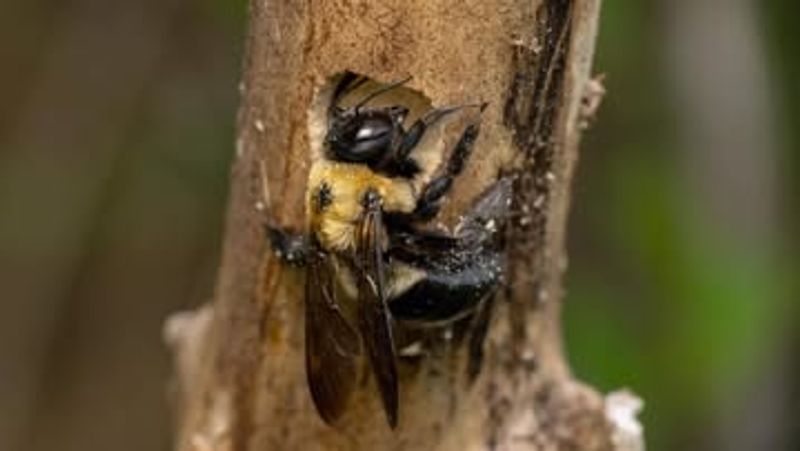
Big, shiny, and surprisingly destructive, carpenter bees drill perfectly round holes into wooden decks, siding, and eaves across Tennessee. Males buzz aggressively near their territories but cannot sting, while females rarely sting unless directly handled.
The real danger comes from structural damage as they tunnel through wood to create nesting galleries. Years of activity can weaken support beams and railings.
Painting or staining bare wood prevents them from boring, and filling existing holes stops them from returning to old nests.
10. Kissing Bugs
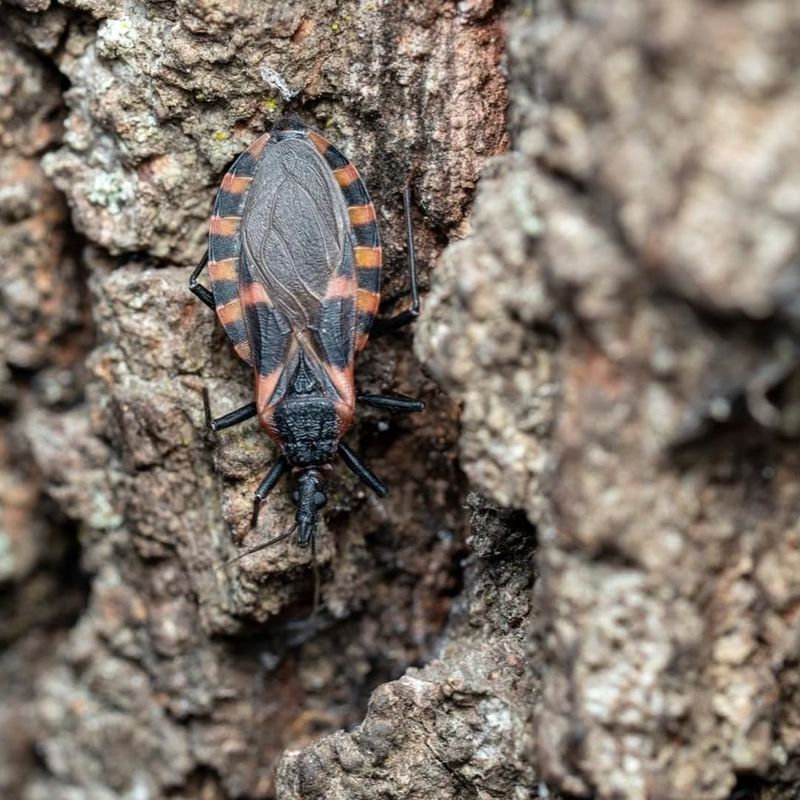
Named for biting people near the mouth while they sleep, kissing bugs carry a parasite that causes Chagas disease. Tennessee has seen increasing reports of these inch-long, dark-colored insects near outdoor lights and in animal shelters.
Their bites are usually painless, but infected bugs leave parasite-filled feces near the bite wound. Scratching spreads the parasite into your bloodstream, where it can damage your heart over time.
Sealing cracks and keeping outdoor lights off at night reduces attraction to homes.
11. Blister Beetles
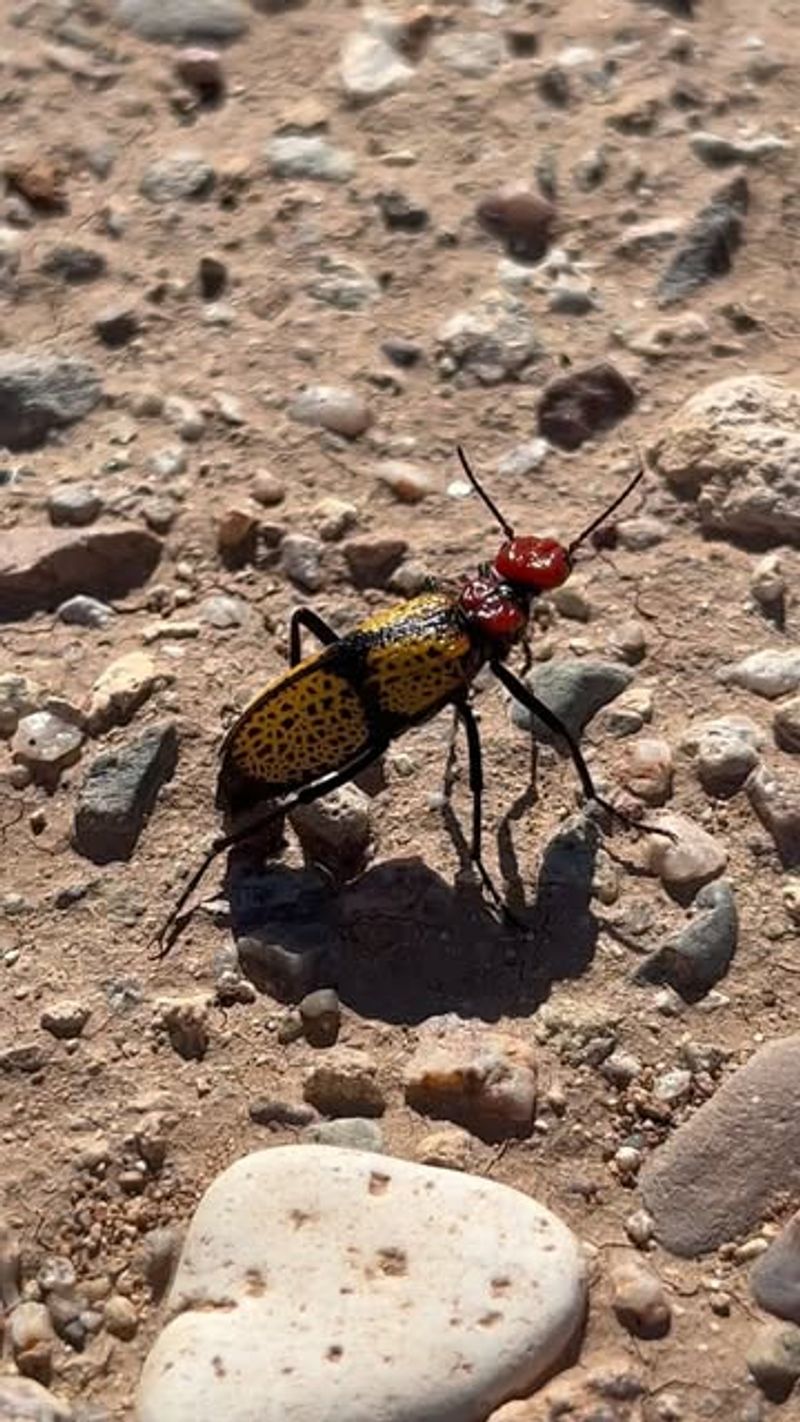
Bright colors warn that touching these beetles causes painful blisters on your skin. Tennessee gardens attract blister beetles during summer months when they feed on flowers and vegetable plants.
Their bodies contain cantharidin, a toxic chemical that burns skin on contact. Accidentally crushing one while gardening or having it land on you creates welts and blisters that take days to heal.
Wearing gloves during garden work and gently brushing them away without squishing protects your skin from chemical burns and irritation.
12. Assassin Bugs
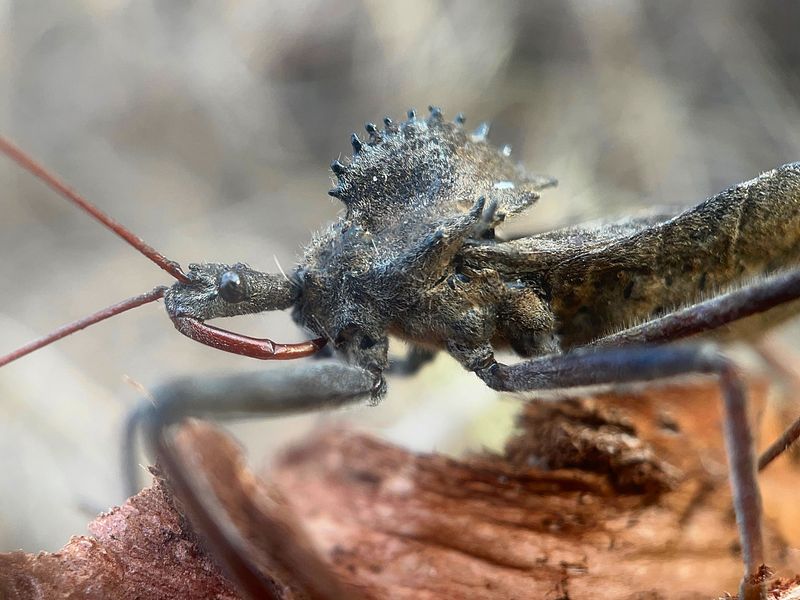
Beneficial predators that eat harmful garden pests, assassin bugs still pack a painful defensive bite when threatened. Tennessee homeowners often encounter wheel bugs, the largest species with a distinctive cogwheel crest on their backs.
Their curved beak injects enzymes that liquefy prey, and defensive bites on humans cause intense burning pain lasting for hours. Swelling and numbness around the bite area are common reactions.
Appreciating them from a distance and never handling them lets these helpful insects control pests without causing you problems.



